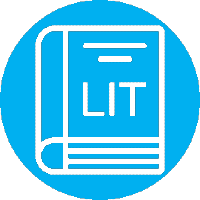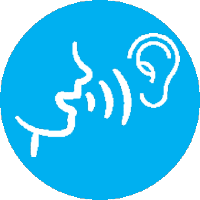(RF) Fluency
 Strand Cluster Anchor Statement Strand Cluster Anchor Statement
Reading Foundations 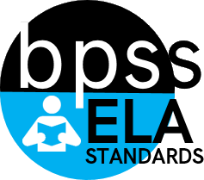
Fluency
Students must be able to read and comprehend text on-level accurately, at the appropriate rate, and with the correct expression. This is best accomplished by repeated readings of text passages of increasing complexity while reporting the reading rate
and accuracy.
The anchor statements define what students should understand and be able to do by the end of each grade. They correspond to the College and Career Readiness (CCR) anchor statements. The CCR and grade-specific standards are necessary complements—the former
providing broad standards, the latter providing additional specificity—that together define the skills and understandings that all students must demonstrate. |
|
(RF) Phonics and Word Recognition
 Strand Cluster Anchor Statement Strand Cluster Anchor Statement
Reading Foundations 
Phonics and Word Recognition
Students must match a unit of sound (a phoneme) to the letter or letters that make the sound. Separating the written word into its individual sounds and blending the individual sounds of letters to make words are the foundation of reading.
Students must be able to recognize and read a collection of high-frequency words — many of which cannot be decoded by sight — and be able to do so with increasing automaticity.
The anchor statements define what students should understand and be able to do by the end of each grade. They correspond to the College and Career Readiness (CCR) anchor statements. The CCR and grade-specific standards are necessary complements—the former
providing broad standards, the latter providing additional specificity—that together define the skills and understandings that all students must demonstrate. |
|
(RF) Phonological Awareness
 Strand Cluster Anchor Statement Strand Cluster Anchor Statement
Reading Foundations 
Phonological Awareness
This foundational skill is about recognizing the sounds of language. It begins with word awareness and the ability to recognize, for example, the number of words that make up a spoken sentence. Secondary mastery of these skills includes recognizing
rhyme and syllables. At the most detailed level, the phoneme level, students can discern the sounds that make up a word. They can segment the sounds within a word, blend sounds together to make a word, and substitute sounds to make new words.
The anchor statements define what students should understand and be able to do by the end of each grade. They correspond to the College and Career Readiness (CCR) anchor statements. The CCR and grade-specific standards are necessary complements—the former
providing broad standards, the latter providing additional specificity—that together define the skills and understandings that all students must demonstrate. |
|
(RF) Print Concepts
 Strand Cluster Anchor Statement Strand Cluster Anchor Statement
Reading Foundations 
Print Concepts
When teachers introduce students to written language, students must understand the basic organization and concepts of print: Words have meaning, left-to-right and top-to-bottom hierarchy; letters create words and words create sentences; words are separated
by spaces, and punctuation controls the pace and expression of print. Children frequently come to understand these concepts through owning their first books.
The anchor statements define what students should understand and be able to do by the end of each grade. They correspond to the College and Career Readiness (CCR) anchor statements. The CCR and grade-specific standards are necessary complements—the former
providing broad standards, the latter providing additional specificity—that together define the skills and understandings that all students must demonstrate. |
|

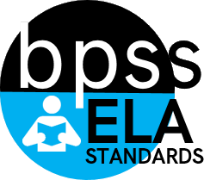
 (F)
(F)
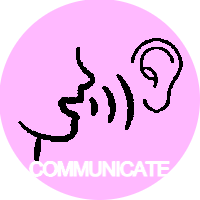 (C)
(C)
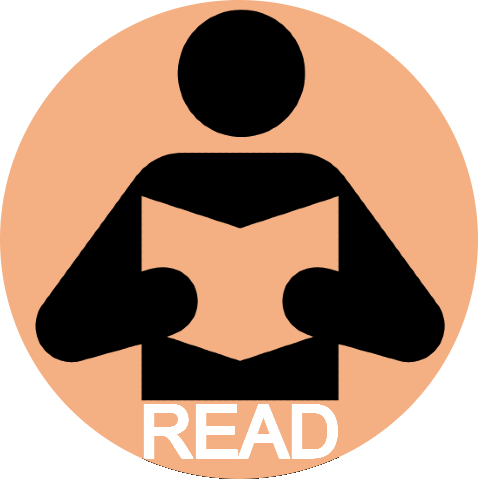 (R)
(R)
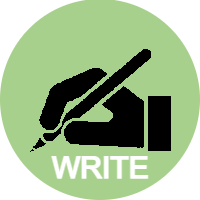 (Wr)
(Wr)
 (IR)
(IR)
